Scrap metal recycling is a thriving industry in the United States, contributing to environmental sustainability and resource conservation. Among the various metals recycled, copper holds a significant place due to its versatility and demand across industries. This article explores the practices and considerations associated with the purchase of copper wire by scrapyards in the United States.
The Importance of Copper Recycling: Copper is a highly sought-after metal in the recycling industry because of its excellent conductivity, corrosion resistance, and recyclability. Recycling copper reduces the need for mining and refining new copper ore, conserving natural resources and minimizing environmental impact.
Scrap Yards and Copper Wire
Scrapyards play a pivotal role in the recycling ecosystem, serving as collection points for various scrap materials, including copper wire. However, the acceptance of copper wire by scrapyards is subject to certain considerations.
Scrapyards prefer clean, unburnt copper wire for recycling. Burnt or damaged wires may have reduced purity, affecting their value and the efficiency of the recycling process.
Copper wire comes in various grades, each with its own value. Scrapyards often encourage individuals to separate different grades of copper wire, such as bare bright, insulated wire, and heavy or thick wire, to maximize value and streamline processing.
Scrapyards in the United States must adhere to legal and environmental regulations. Compliance with these regulations may impact the acceptance of certain materials, and scrapyards may have specific guidelines regarding the handling of copper wire to ensure safety and environmental responsibility.
The pricing of copper wire at scrapyards is influenced by factors such as market demand, global copper prices, and the quality of the material. Prices may fluctuate, and scrapyards typically communicate their pricing mechanisms transparently to sellers.
Safety is a paramount concern for scrapyards. Sellers are often required to adhere to safety guidelines when bringing in copper wire for recycling. This includes considerations for transportation, handling, and potential hazards associated with certain types of copper wire.
Copper wire recycling plays a crucial role in the broader landscape of metal recycling in the United States. Scrapyards act as essential intermediaries in this process, facilitating the collection and recycling of copper wire to meet the demands of industries and contribute to sustainable practices. Individuals looking to recycle copper wire are encouraged to familiarize themselves with scrapyards' policies, separate materials appropriately, and prioritize safety and environmental responsibility throughout the recycling process.
Does burning copper wire decrease the value?
Yes, burning copper wire can significantly decrease its value for recycling. There are several reasons for this:
- Reduced Purity:
- Burning copper wire can lead to the formation of oxides and other impurities on the surface of the wire. This reduces the purity of the copper, making it less desirable for recycling. High-purity copper has a higher market value.
- Weakened Structural Integrity:
- The heat generated during burning can weaken the structural integrity of the copper wire. This may result in a wire that is more brittle or prone to breakage, making it less suitable for recycling into high-quality copper products.
- Environmental and Safety Concerns:
- Burning copper wire releases fumes and residues that can be harmful to the environment and pose safety risks. Scrapyards prioritize safety and environmental responsibility, and the presence of burnt residues may make the material less appealing for recycling.
- Processing Challenges:
- Burnt copper wire may pose challenges during the recycling process. The residues left from burning may need additional processing steps to extract the copper efficiently, adding complexity and cost to the recycling process.
- Market Demand:
- Buyers in the scrap metal market often prefer clean and unburnt copper wire. The demand for high-quality recycled copper is generally higher, and burnt wire may have a limited market.
For these reasons, it is advisable to avoid burning copper wire if you plan to recycle it. Instead, consider separating the wire from other materials and keeping it in its original condition. Clean, unburnt copper wire has a higher value, and scrapyards are more likely to accept it readily for recycling into new copper products. Always check with your local scrapyard about their specific policies regarding the acceptance of different types of materials, including copper wire.
Is it worth stripping copper wire for scrap?
Is Stripping Copper Wire Worth It for Scrap? Exploring the Pros and Cons
Copper wire recycling is a common practice, offering both environmental benefits and potential financial returns. One decision individuals often face is whether it's worth the effort to strip copper wire before selling it as scrap. In this article, we'll explore the pros and cons of stripping copper wire for scrap in the context of the United States.
Pros of Stripping Copper Wire
1. Increased Value:
- Stripped copper wire tends to have a higher market value compared to wire with insulation. This is because clean, bare copper is more desirable for recycling due to its higher purity.
2. Efficient Processing:
- Stripped wire is easier to process at recycling facilities. The absence of insulation reduces the time and energy required to extract the copper during the recycling process.
3. Higher Purity Levels:
- Bare copper wire has higher purity levels, making it suitable for a broader range of applications in the production of new copper-based products.
4. Reduced Environmental Impact:
- Stripping copper wire can contribute to environmental sustainability by promoting efficient recycling. Cleaner, higher-quality scrap materials are more environmentally friendly to process.
Cons of Stripping Copper Wire
1. Labor-Intensive:
- Stripping copper wire can be a labor-intensive process, especially if dealing with large quantities. This may involve using manual tools or mechanical wire-stripping machines.
2. Time Consumption:
- Stripping wire takes time, and the effort required may not be proportional to the additional value gained. This can be a consideration, especially for individuals with limited time or resources.
3. Insulation Recycling:
- Some scrapyards accept wire with insulation, and the recycling process has become more advanced, allowing for the recovery of copper even from insulated wire. Stripping wire may not be necessary for certain recycling facilities.
4. Potential for Injury:
- Manual wire stripping involves the use of tools that could pose a risk of injury if not used properly. Safety considerations should be a priority when deciding whether to strip copper wire.
Stripping copper wire for scrap can be a worthwhile endeavor, but it comes with both advantages and disadvantages. The decision to strip wire depends on various factors, including the quantity of wire, the available tools and equipment, and the time and effort one is willing to invest. While stripped wire typically commands a higher price, individuals should weigh the potential returns against the labor and time involved in the stripping process. Additionally, staying informed about local scrapyard policies regarding wire insulation can help make an informed decision about whether stripping copper wire is the most practical and profitable option for recycling.

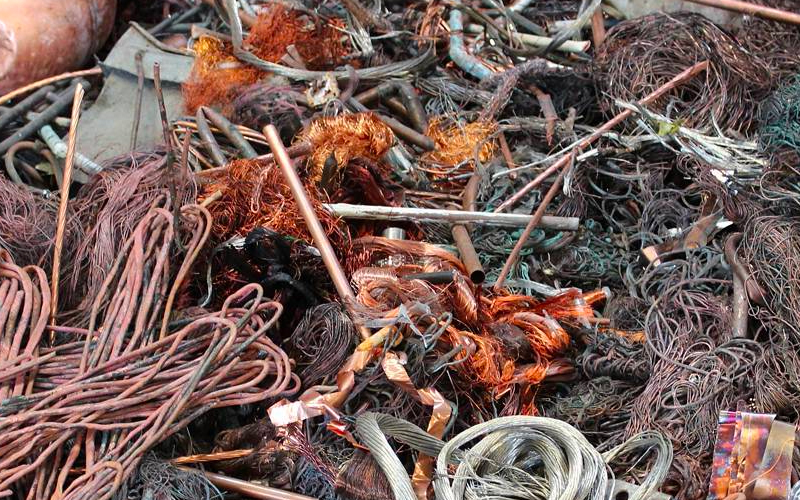
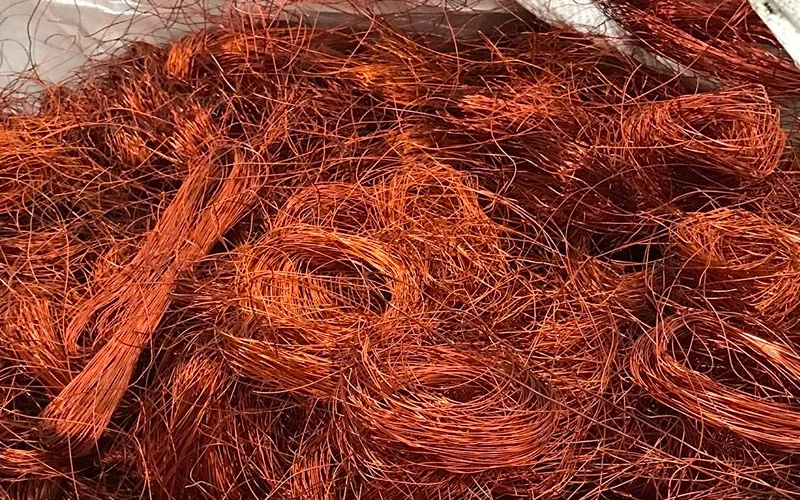
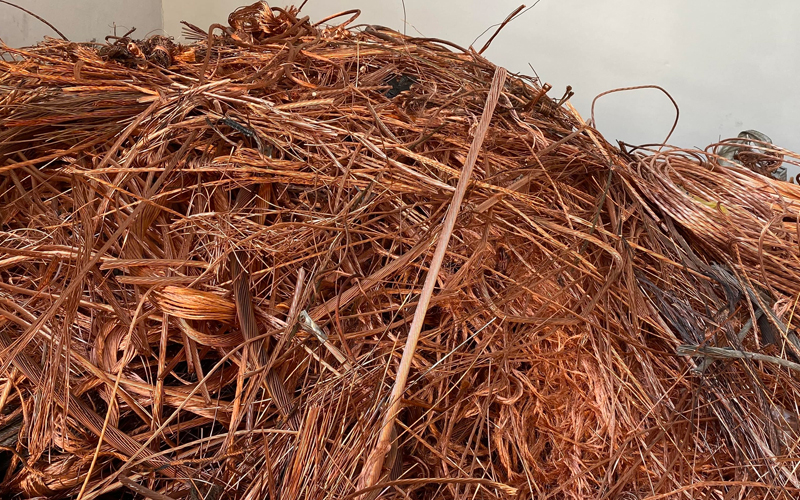
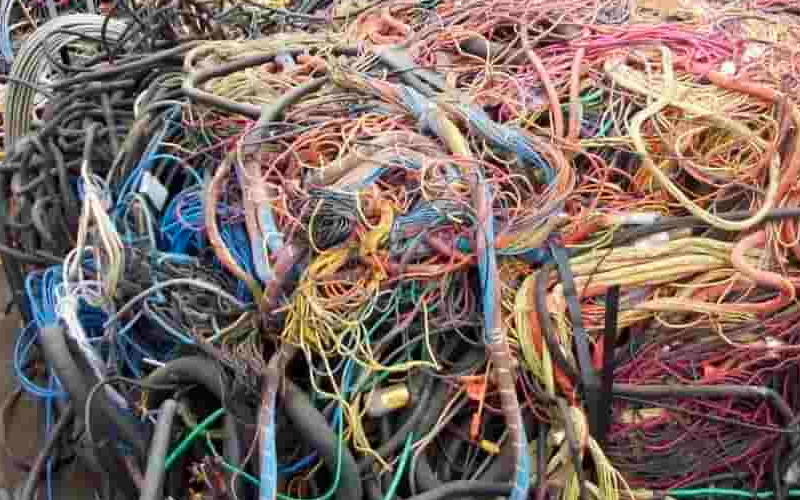
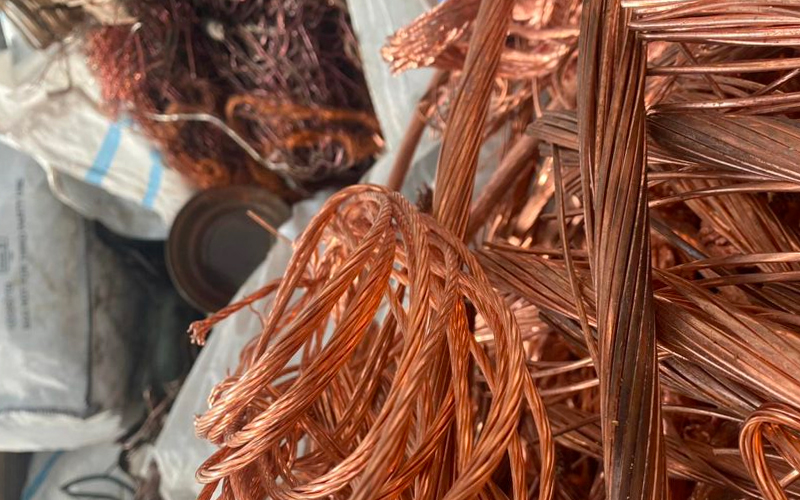
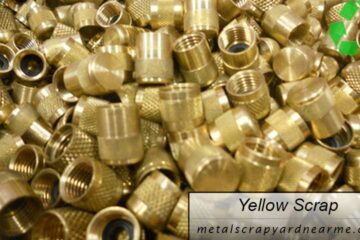
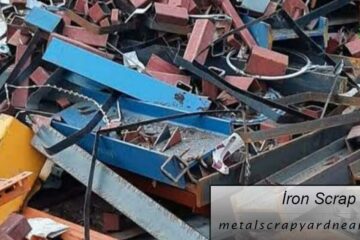
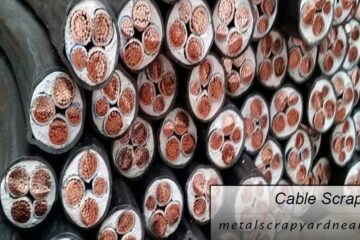
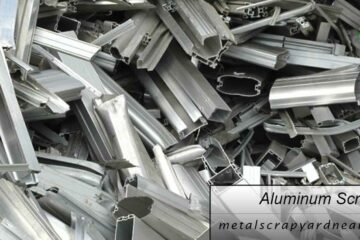
Write a Comment